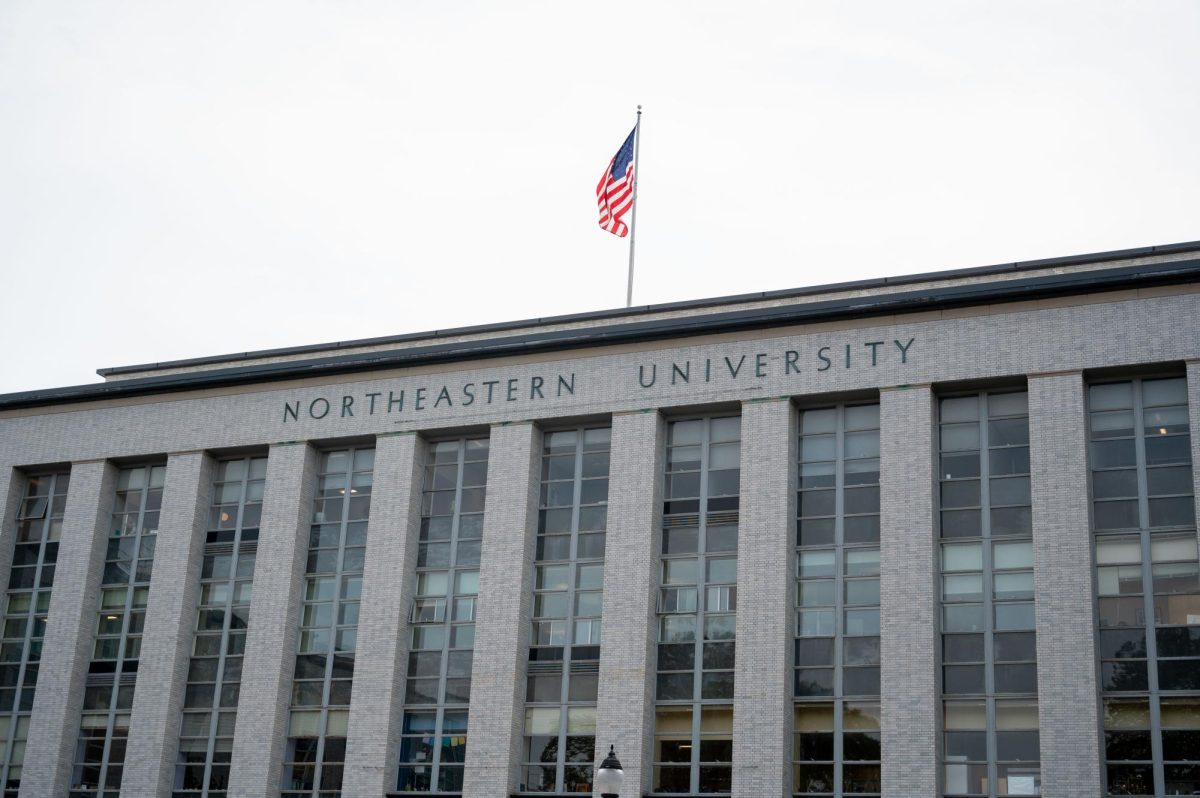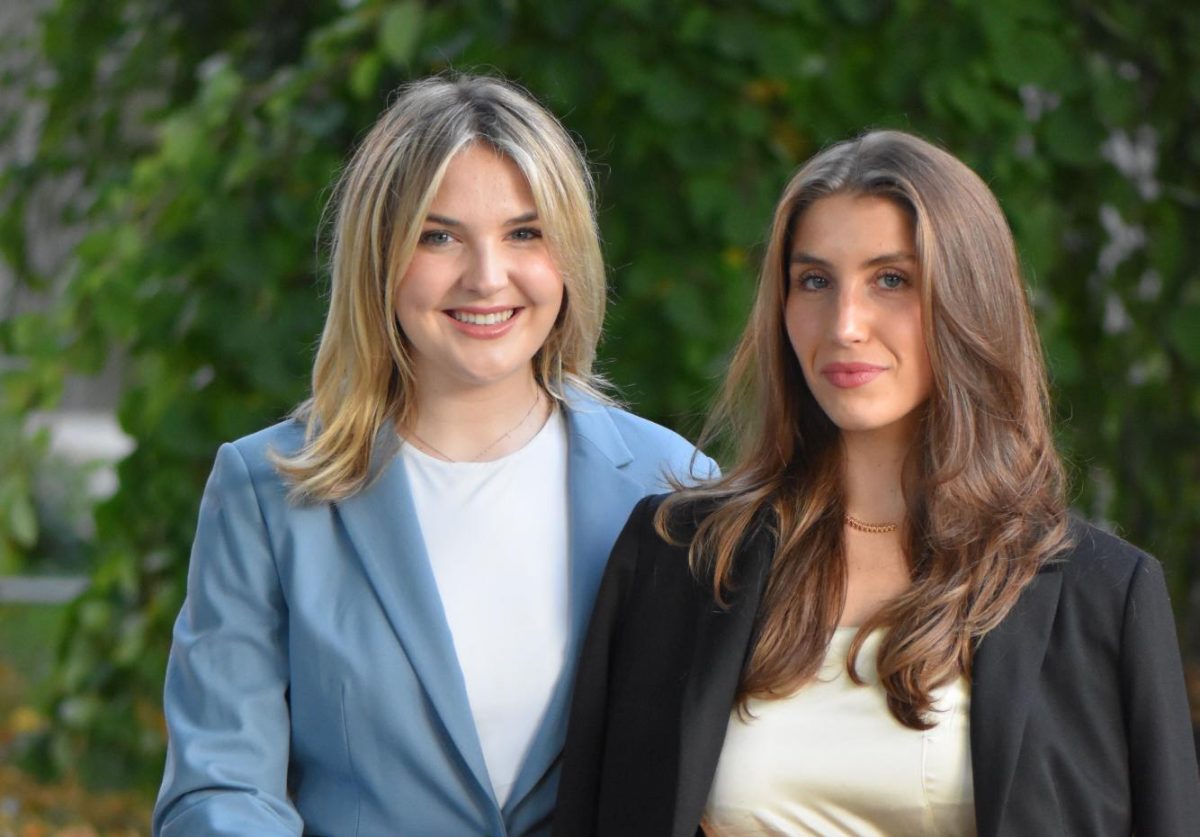By Lindsay Crone
While many students enjoy their co-op experiences in and around Boston, Hannah Kehn took a different approach when she left the United States to volunteer in Ghana, West Africa.
Kehn, a junior English major, found out about the job through the Global Volunteer Network, and it was approved as a co-op and directed study. From July to December, she taught English to 130 students ranging from age 10 to 16.
For five months, Kehn stayed with a family in the small African village. She said she was the only volunteer and that the Ghanaians treated her as if she was wealthy because whites are on the top of their class system.
“I was scared at first, but when you put yourself in the environment, you adjust,” Kehn said. “Things like not having water, the heat and the mosquitoes, I adjusted to. Poverty and such, you don’t adjust to. Your priorities get straightened out.”
Education is one of the biggest problems in Ghana. Although it is an English-speaking country, most do not learn how to speak it and resort to their native tongues, including Twi, Ga and Ewi.
Outside resources such as the World Bank and the United Nations give aid to Ghana, but the people are still poor. Most families live off minimal means.
Education is hindered because of fees charged at the library and the school, which charges $210 per year per student – a fee that parents cannot afford. The children suffer the consequences. Many show up for school with no textbooks or writing utensils, Kehn said.
“[Ghana is] full of beautiful, smart kids who will be poorly educated and will end up begging on the street,” Kehn said.
Kehn loved her students and worked hard to engage them in the learning material. Normally, their teacher would cane them, but Kehn said she refused to do that, and they gained respect for her.
Kehn “absolutely recommends” this to her peers, but she said nothing can prepare you for the situation — not even reading all the books on the topic.
However, many students at Northeastern said they do not participate in this type of program.
“It’s quite unusual and extremely courageous to go off, essentially alone, with people of another culture,” said Pam Goodale, associate co-op coordinater for the College of Arts and Science.
Goodale said she was very supportive of Kehn, but worried about her health. In order for Kehn to participate in the program, Goodale spoke with Elizabeth Cameron from the Department of International Cooperative Education to develop a protocol for the safety of students who wish to volunteer abroad in a country that does not have a relationship with North-eastern University.
The protocol requires students to fill out the proper paperwork, research the country, provide contact information from the agency they are working with and verify that their health and life insurance will be valid in the foreign country, Cameron said.
“We want to encourage our students to be adventurous, but at the same time there are safety issues,” Goodale said.
While in Africa, Kehn braved unsanitary conditions – trash burning in the streets and the Korle Bu seashore used as a public bathroom. This is common in Africa because the majority of people resort to using a gutter or a bush as a toilet.
Another problem that Kehn faced was the inability to communicate with people from home. She only spoke to her mother three times via e-mail while she was away.
Going on co-op outside the United States would be a great experience, said Mike Trigonis, a sophomore journalism major, but couldn’t see himself doing it.
Still some students said they would volunteer their time outside of the United States.
“I think what she did was not just brave but noble,” said Heather Milton, a sophomore cardio-pulmonary science major who is going to the Dominican Republic in May to teach English to children. “I aspire to do something as selfless as her.”
Kehn is interested in pursuing a career in journalism or international development when she graduates in December. She had a great time in Africa and said she would go back, but not for a job.
“It was an experience for me, but their reality forever,” Kehn said.









